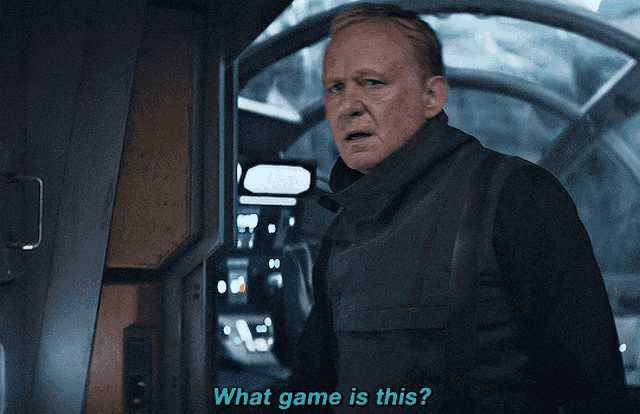Ender's Game, written by Orson Scott Card, is a novel that delves into various social issues through its narrative. The story revolves around young Ender Wiggin who is chosen to lead an international military force in order to prevent an alien invasion of Earth. While the book primarily focuses on themes such as warfare and leadership, it also touches upon several important social implications that are worth discussing.
One significant aspect of the novel is its exploration of power dynamics within society. Ender's journey from being a bullied child to becoming a strategic leader highlights how individuals can rise above their circumstances with determination and intelligence. This theme resonates strongly in today's world where marginalized groups often face systemic barriers that prevent them from reaching higher positions of authority.
Another noteworthy social implication present in Ender's Game is the concept of groupthink and conformity. Throughout the story, we see how Ender struggles to maintain his individuality while adapting to the strict rules set by those who govern him. This struggle mirrors real-life situations where individuals may feel pressured to conform to societal norms or face ostracization. It serves as a reminder that it is essential for us all to stay true to ourselves and resist peer pressure when necessary.
In conclusion, Ender's Game offers valuable insights into various social issues such as power dynamics and groupthink. By exploring these themes through the lens of science fiction, Card encourages readers to reflect on their own experiences and consider how they can contribute positively to society by standing up for what is right and remaining true to themselves.
